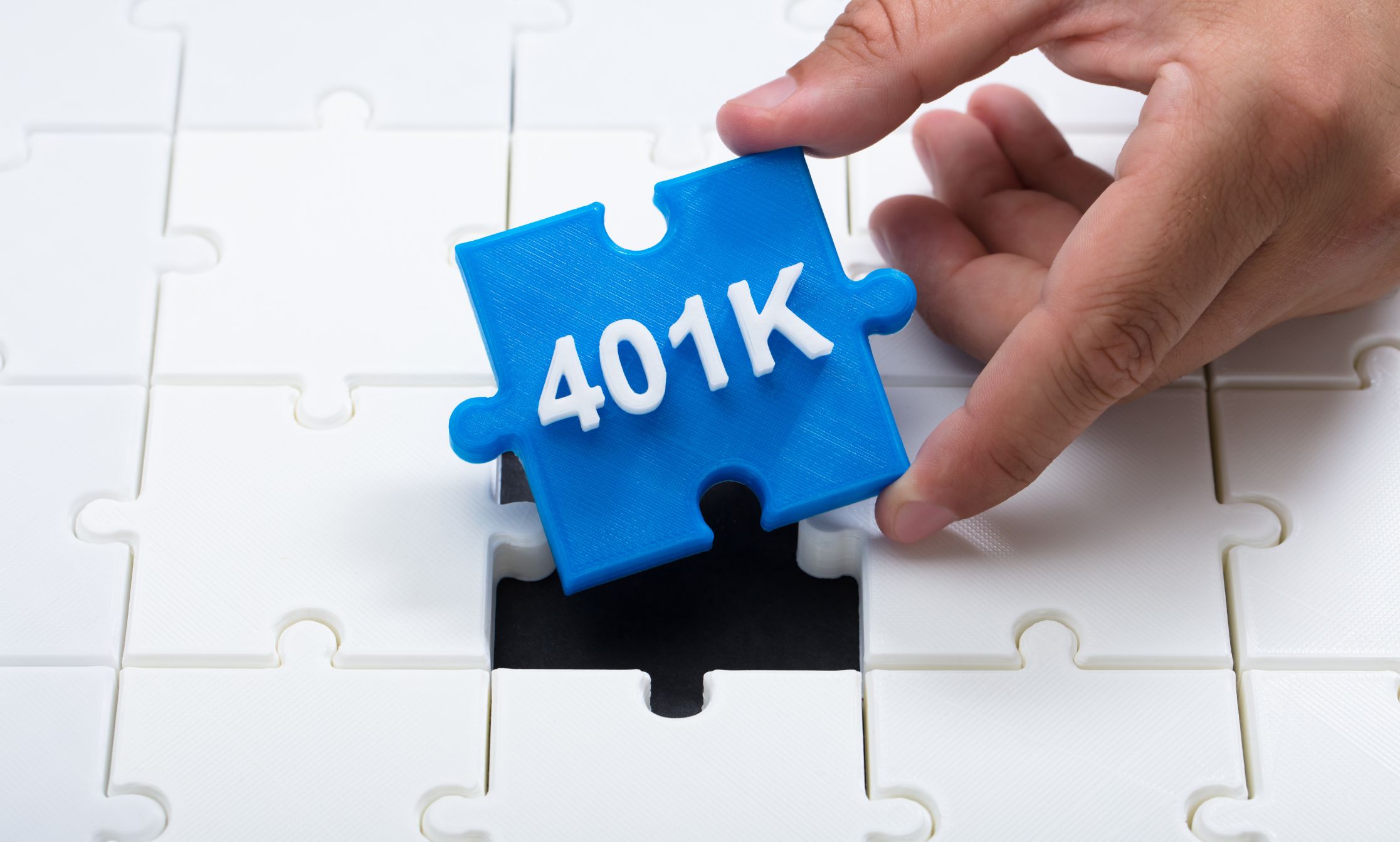

Pros and Cons of Paying Off Mortgage Before Retirement
As part of your pre-retirement planning, you may want to consider whether you should pay off your mortgage or not. This can be both an emotional and a financial issue.
Emotionally, there’s comfort in being debt free. On a basic level, securing shelter for you and your loved ones may reduce anxiety and give you the flexibility to spend your payment on activities you enjoy or invest it with the potential for growth.
Financially, there are some pros and cons you will want to explore before making this important decision.
Understanding lower costs in paying off a mortgage
On the “pro” side, paying off mortgage before retirement reduces your expenses. Lower fixed costs mean you may not have to dip into your portfolio as much to fund your expenses. This can be especially beneficial in a down market where you may otherwise have to sell stocks at a loss to meet your monthly nut.
Paying off your mortgage comes with a negative. You will be reducing liquidity by the amount needed to eliminate your mortgage.
Liquidity is the amount of money you have that’s readily available for investment and spending. Examples of liquid investments include cash and treasury bills, notes, and bonds.
Determining the amount of liquid assets you will need in retirement is an essential component of your decision whether or not to pay off mortgage before retiring. The calculation should be a conservative one because there are events that are difficult to predict, like a healthcare crisis, loss of a job, and death of a spouse.
If paying off your mortgage might impair your ability to deal with these situations, you might want to reconsider your decision.
Factors that favor paying off your mortgage include having a hefty retirement account. If you hold fixed-income securities that pay little interest in a taxable account, it makes sense to use a portion of those funds to pay down or eliminate your mortgage.
Knowing your investment opportunities
When you pay off a mortgage, those funds are no longer available for investing.
Depending on the rate you are paying for your mortgage and expected returns from your investments, you may achieve superior returns by investing the funds you use to eliminate mortgage debt.
This strategy has a major downside. There’s a reason returns are qualified by calling them “expected.” The stock market doesn’t always perform as predicted. Any factors like geopolitical and domestic policy changes can impact your returns, positively or negatively.
Impact of taxes
We’ve all heard the expression, “it’s not what you make; it’s what you keep that counts.”
When deciding whether to pay off your mortgage, you need to consider the impact of taxes.
You’ll need to calculate the net cost of holding your mortgage, which involves considering your tax bracket and whether you itemize your deductions.
When projecting the return on your investments, you should consider the impact of short-term and long-term capital gains taxes.
Downsizing to a smaller home
According to TIAA, if you are downsizing to a smaller home, you may consider paying off your mortgage and using the equity towards buying the new home with a reduced or no mortgage.
Other issues in paying off mortgage before retirement
Add to retirement accounts: Instead of paying off your mortgage, determine whether it’s more advantageous to increase contributions to your retirement plans (401[k], traditional and Roth IRAs, or other retirement accounts).
Prioritize debt: It makes little sense to pay off a relatively low-interest mortgage while carrying high-interest debt (like credit card debt). Prioritize your debt and work your way down by paying off high-interest debt first.
Refinancing: Check to see if it’s possible to refinance your mortgage with a lower interest rate and maybe a shorter term. You could also accelerate your payments of principal (if there’s no prepayment penalty) and pay off your mortgage quicker.
The decision of whether or not to pay off a mortgage is complicated, with “experts” offering widely divergent views. Those who espouse debt-free living oppose all debt, including a mortgage. Others advocate holding on to a large mortgage for as long as possible.
If you have a fear of the stock market, the idea of investing the funds you would use to pay off the mortgage would not be appealing to you. You should still run the numbers, especially if you are holding funds in a taxable account, because the historical returns of investing in the stock market may overcome your anxiety.
Hiring a registered investment advisor may help you answer the question, “should you pay off your mortgage before retiring?”
While there is no right or wrong answer, and none that applies to everyone, you may find comfort in this comment from Kiplinger: “I’ve yet to find someone who regrets not having a mortgage in retirement.”

“I’ve yet to find someone who regrets not having a mortgage in retirement.”
Trending
Income too high for a Roth IRA? The backdoor strategy offers a legal workaround that can provide tax-free growth and retirement flexibility.
New rules are changing how catch-up contributions work for high earners. Here's why the shift to Roth may actually work in your favor.
A Certified Financial Planner brings fiduciary guidance and ongoing strategy to help you navigate complex financial decisions with confidence.









